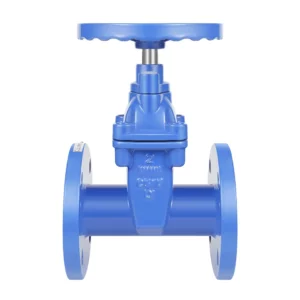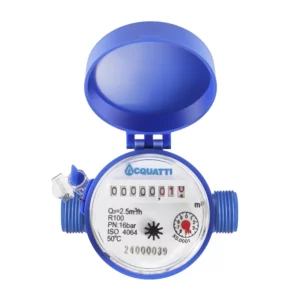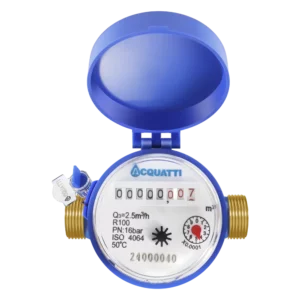Building & Interior Spaces
The Role of Building Valves in Modern Interior Spaces and HVAC Systems
The Importance of Valves in the Building & Interior Spaces Sector
Valves are an essential part of building infrastructure, serving as gatekeepers for fluid control across plumbing, HVAC, fire protection, and water conservation systems. In both commercial and residential interior spaces, high-performance building valves ensure safe, reliable, and energy-efficient fluid management.
From temperature regulation in underfloor heating to bathroom water valves, control valves provide comfort, convenience, and sustainability in daily indoor environments. Especially with the rise of smart building valves, automated systems now offer real-time monitoring, precision flow control, and improved maintenance efficiency.
Environmental Requirements for Valves Used in Interior and Building Applications
Unlike outdoor environments, valves used in interior spaces must meet unique architectural and comfort-related requirements:
- Corrosion resistance: Constant exposure to moisture in plumbing or HVAC ducts.
- Aesthetic integration: Must be compact, silent, and visually discreet.
- Thermal tolerance: Required for room temperature control valves and hot water systems.
- Noise reduction: Especially in hotels, apartments, and offices.
- Leak prevention: Essential in interior walls, ceilings, and floor-embedded piping.
Whether it’s a smart home plumbing valve or a low-noise HVAC valve, environmental resilience is non-negotiable in modern interior architecture.
Operational Requirements for Building Valves in Indoor Systems
Interior-based valve systems must comply with strict mechanical, safety, and energy standards due to the complexity and sensitivity of enclosed environments:
- Zero-leakage design: Preventing structural damage or mold from hidden leaks.
- Smart automation: Integrated with BMS (Building Management Systems) or IoT platforms.
- Energy efficiency: Optimized for climate control, heating, and cooling zones.
- Fire safety compliance: Fire-rated zones require certified automatic shut-off valves.
- Quiet operation: Valves in interior HVAC systems must operate silently without vibration.
The strictness of interior workshop installation lies in ensuring precision fit, concealed integration, and minimal maintenance access needs.
Top 10 Applications of Irrigation and Agricultural Control Valves
- HVAC Control Systems (Heating, Ventilation, Air Conditioning)
- Bathroom and Kitchen Water Flow Management
- Underfloor Heating Valve Control
- Room-by-Room Temperature Zoning
- Fire Sprinkler and Suppression Systems
- Pressure Regulator Valves in Plumbing
- Water-Saving Fixtures (Toilets, Faucets)
- Interior Wall-Mounted Shut-Off Valves
- Smart Home Water Monitoring Systems
- Greywater Recycling and Reuse Systems
Safety Certifications and Standards for Agricultural Valve Systems
- Certifications: CE, RoHS, ISO 9001, UL for fire suppression valves
- Ingress Protection: IP54 to IP65 for bathroom or concealed duct installation
- Noise Level Ratings: dB-level limits for HVAC and heating system valves
- Material Safety: Non-toxic brass, stainless steel, or PEX-compatible components
- Plumbing Code Compliance: ANSI, ASME, and regional building codes
Related Products
-
Iron Valves
NRS Cast Iron Gate Valves
-
Water Meters
Plastic Single Jet Dry Type Water Meters
-
Water Meters
Brass Single Jet Dry Type Water Meters
-
Bronze & Brass Valves
Brass Gate Valves



